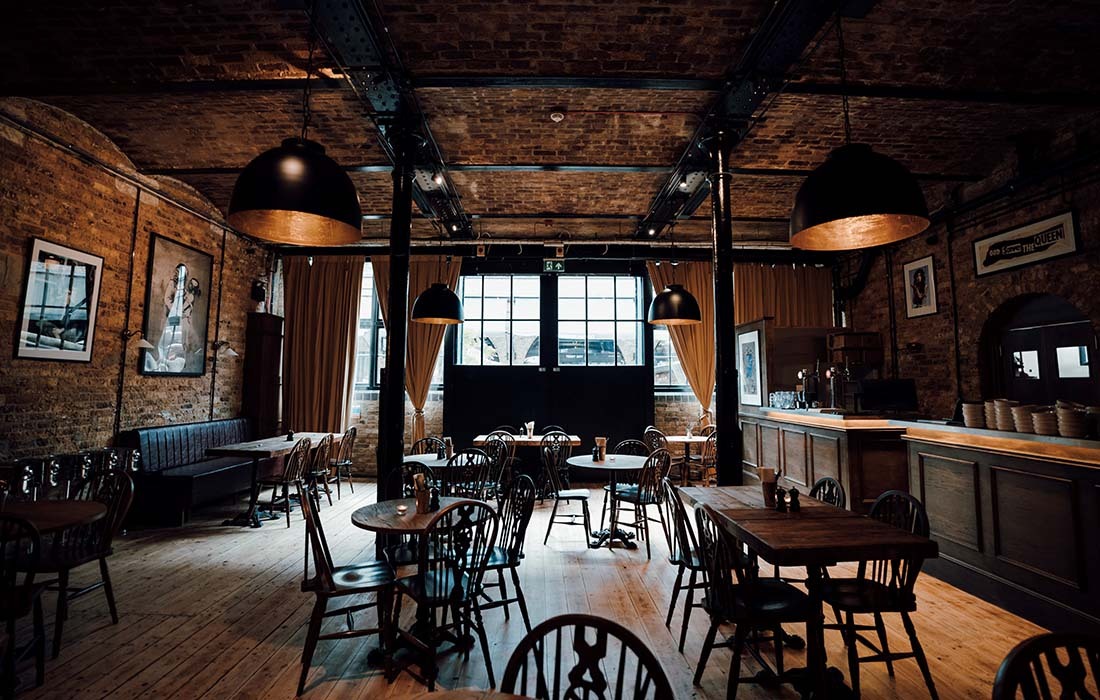Croydon BID leads #RaiseTheBar campaign for more businesses to access grant
Croydon Business Improvement District (BID) is leading the #RaiseTheBar campaign, which wants more businesses to be able to access the government’s £25,000 retail, hospitality and leisure grant (RHLG).
The campaign, which is backed by UKHospitality and the British Beer and Pub Association, is asking the government to expand the rateable value threshold for eligible businesses from £51,000 up to and including £150,000, to help businesses survive the impact of the coronavirus outbreak in the UK.
In London alone there are 19,000 businesses with a rateable value of more than £51,000 and therefore cannot access the grant. The campaign argues the current threshold of £51,000 is “far too low”, and raising the threshold to £150,000 would benefit more than 13,000 businesses in London.
Matthew Sims, chief executive of Croydon BID, said: “We acknowledge that increasing the RHLG threshold up to and including £150,000 will increase the burden on central and local government. This is a price we believe is worth paying to ensure businesses are given the opportunity to become part of the greater push to mobilise our economy, rather than leaving premises empty, growing unemployment with or without the job retention scheme and sectors contracting across the board.”
Bill Addy, chief executive of Liverpool BID and chair of the BID Foundation, added: “We cannot underestimate the importance of our retail, hospitality and leisure sectors and not just to what they bring to our economy but the people that are employed within them.
“That is why the Business Improvement Districts across the UK are supporting the #RaiseTheBar campaign in asking government to increase the retail, hospitality and leisure rateable value threshold from £51,000 to £150,000. In doing so, more businesses will have access to a £25,000 grant supporting their fight to survive and to allow them to play their central role in kickstarting our economy.”
Photo: Shutterstock
Restaurant bosses call for nine-month rent holiday to survive coronavirus crisis >>
Social distancing will be ‘the next threat to our business’ >>



















